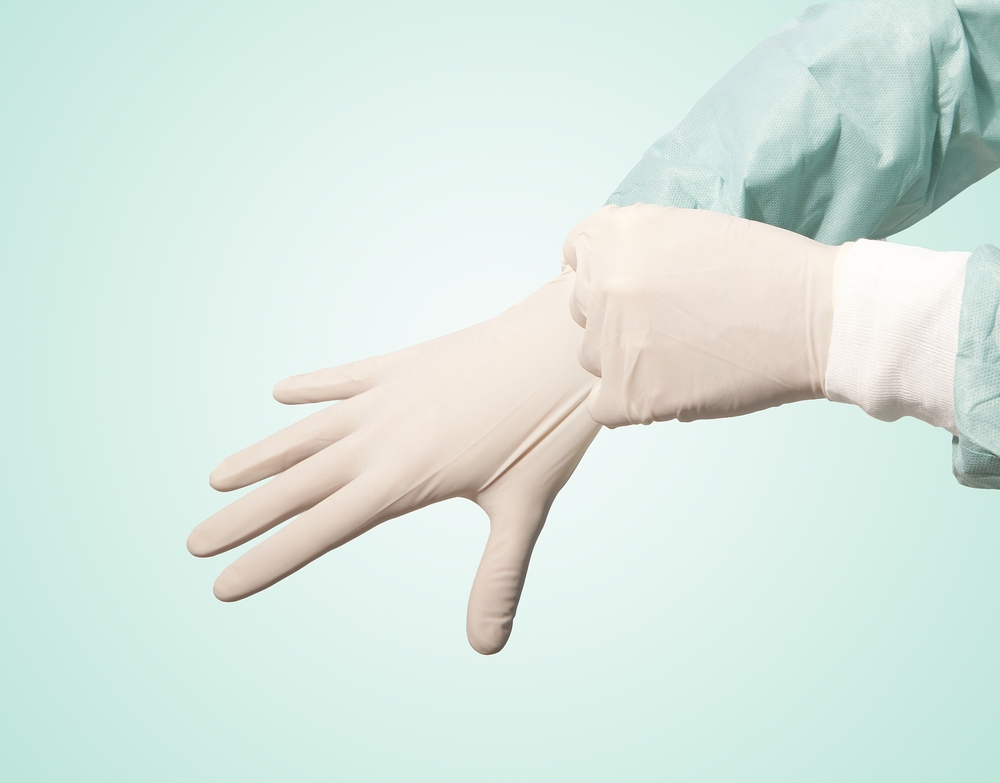
As long as a little blood or a little oral mucosal cells, gene testing can be carried out to tell you the risk of cancer and decode your genes!
Preventive cancer gene testing has blown up a gust of wind again, as if to blow away everyone’s cancer. Listen casually, actually still a little excited!
Theoretically, gene testing can help us understand the risks we may face and provide help for the prevention and treatment of cancer, because many tumor cells are accompanied by characteristic gene variations.
However, what awaits you is a but!
For most ordinary people, there is no need to carry out cancer gene testing for prevention, which is not of great help.
The value of prophylactic gene testing is limited.
Among the known cancers, only 5% ~ 10% are caused by internal factors such as genetic genes. Moreover, for these 5% ~ 10% cancers, preventive gene testing can really tell us very limited.
Gene testing can only tell us whether there is a gene variation related to cancer. Yes, it does not necessarily mean cancer. No, it doesn’t mean you won’t suffer from cancer.
If genetic variation is detected, even if the risk is as high as 80%, it is impossible to determine whether you really suffer from cancer. If there is no professional interpretation and further medical intervention, this test result will only bring you unnecessary panic. Has it been checked out? Can we not pay attention to health from now on? You know, cancer is closely related to unhealthy lifestyles.
After spending so much money, the final conclusion is still various question marks. Is such an answer worth it?
Is genetic testing worthless?
No.
For people with high incidence of cancer with obvious familial genetic characteristics, preventive gene testing may help these people to take countermeasures earlier and reduce the risk of cancer.
Therefore, before you decide to do genetic testing, you may as well talk to a clinician with professional qualifications to find out the following questions:
Only by clarifying these problems can we better decide whether preventive gene testing is necessary.
Speaking of which, many people may think of Angelina Jolie, a movie star we know well.
Julie’s two family members (grandma and mother) both died of breast cancer, She belongs to the above-mentioned population with obvious family genetic characteristics, and her genetic test results also suggest that she carries a high-risk BRCA1 variant gene. According to doctors’ estimation, Julie’s risk of breast cancer is 87%, and the risk of ovarian cancer is 50%. Subsequently, Julie underwent preventive surgery and successively removed the breast and ovary.
Therefore, before preparing for preventive cancer gene testing, one must fully understand one’s family history and communicate with professionals to find out whether gene testing can bring you what and whether it is really necessary to do it.
Attention! Not all genetic tests are unnecessary.
There are many kinds of gene tests, and the [preventive cancer gene test] we mentioned earlier is only one of them. For confirmed cancer patients, doctors sometimes carry out gene tests on their cancer cells.
These gene tests are aimed at confirmed cancer patients and need to be carried out under the guidance of doctors in order to treat them more accurately. It is completely different from the preventive cancer gene tests for healthy people in the market.
Such gene testing can help doctors locate mutant genes in tumors, Provide necessary information for personalized medicine and accurate medication, Especially when targeted drugs are used to treat cancer, because targeted drugs are only effective for cancer with certain gene mutations, blind administration will not only increase the economic burden of patients, but also may interfere with medication and delay the best treatment time, so patients must undergo gene detection before medication.
[Once and for all] There are always few things. There is no technology that can detect N kinds of cancers by scraping your mouth. If you care about the health of yourself and your family and worry about cancer coming to you, is it more reliable to choose a healthy lifestyle and do regular cancer screening?
